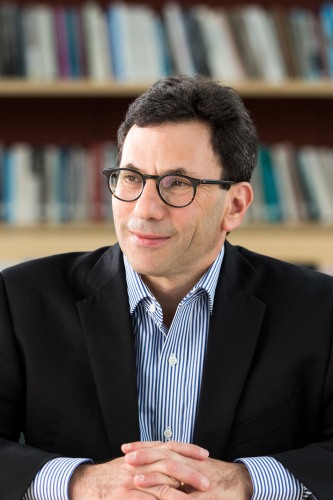
Eric Patashnik
Biography
Eric M. Patashnik is Julis-Rabinowitz Professor of Public Policy, Professor of Political Science and Director, Taubman Center for American Politics and Policy.
Patashnik is also a Nonresident Senior Fellow at the Brookings Institution and Fellow of the National Academy of Public Administration. Before coming to Brown, Patashnik held faculty positions at the University of Virginia, UCLA, and Yale University. Patashnik is the author and editor of several books including Countermobilization: Policy Feedback and Backlash in a Polarized Age (University of Chicago Press, 2023), Unhealthy Politics: The Battle over Evidence-Based Medicine (with Alan Gerber and Conor Dowling, Princeton University Press, 2017) Reforms at Risk: What Happens After Major Policy Changes Are Enacted (Princeton University Press, 2008), and Putting Trust in the US Budget: Federal Trust Funds and the Politics of Commitment (Cambridge University Press, 2000). He has twice won the Louis Brownlow Book Award of the National Academy of Public Administration and also won the Don K. Price Book Award of the American Political Science Association. He was a Research Fellow at the Brookings Institution during 1995-96, served as President of the Public Policy Section of the American Political Science Association during 2017-18, and was the editor of Journal of Health Politics, Policy and Law during 2016-2019. Patashnik has held a variety of administrative roles, including chair of the political science department and director of the MPA program at Brown and associate dean and acting dean at the Batten School of Leadership and Public Policy at the University of Virginia. He was a Visiting Scholar at the Russell Sage Foundation in spring 2025.
Patashnik received his Ph.D. from the University of California, Berkeley.